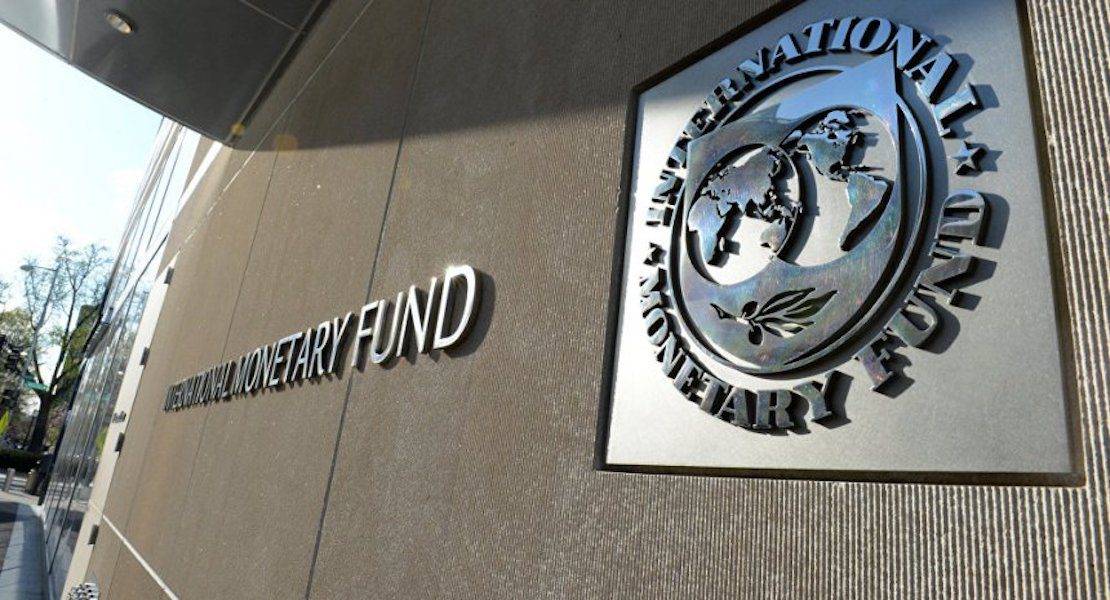Nigeria And South Africa Could Be Shooting Sub-Saharan Africa’s Economy In The Foot

According to a new report from the International Monetary Fund, Nigeria and South Africa remain a major drawback to the general economic growth of Sub-Saharan African countries, a problem that may persist if critical steps are not taken to even out the policy odds that seem to be the plug pullers from the West African and Southern African country.
It is a well-known fact that these two economies are Africa’s powerhouses, but this latest “Regional Economic Outlook” which was unveiled yesterday has suggested that both countries can be blamed for the economic dilly dally that plagues on the region. Expressing what reports have described as “worry,” the IMF said that economic rejuvenation in most parts of Sub-Saharan Africa is expected to go from 2018’s 3 percent to 3.5 percent.
While the aggregate growth in Nigeria and South Africa in 2019 is expected to be about 2.1 percent, the report said that the growth rate in the region – which is anticipated to experience a slight stabilization under 4 percent or reach 5 percent in 21 countries – will not include the two economic giants.
“Half of the region’s countries, mostly non-resource-intensive, are expected to grow at 5 percent or more, and see a faster rise in income per capita than the rest of the world on average over the medium term,” the report said.
“However, the remaining 24 countries, comprising mostly resource-intensive countries, including Nigeria and South Africa, which are more than two-thirds of the region’s total population, are expected to fall behind,” it added.
In January, the IMF said that Sub-Saharan African countries are among the world’s fastest-growing economies in the world, where about nine of such nations were highlighted. Nonetheless, a case was made for Nigeria and South Africa, both of whom were in election developments at as the time the report was released.
The IMF said that the recovering oil output in Nigeria would foster the country’s growth rate from some 1.9 percent in 2018 to about 2.1 in 2019, but its near-term outlook is going to be subdued by lower crude oil prices. Amongst other constraints, trade tensions, volatile global financial conditions, and external pressures are doing a number on the most populous black nation’s economy.
In the past ten years, South Africa’s economy has grown at an average of 1.4 percent annually. For an emerging economy, analysts have said that it should be able to much better, as countries such as Turkey yet thrive in the face of harsher conditions. The Southern African country’s unemployment rate currently stands at 27 percent, and that is one of the major reasons its economy appears to be deficient.